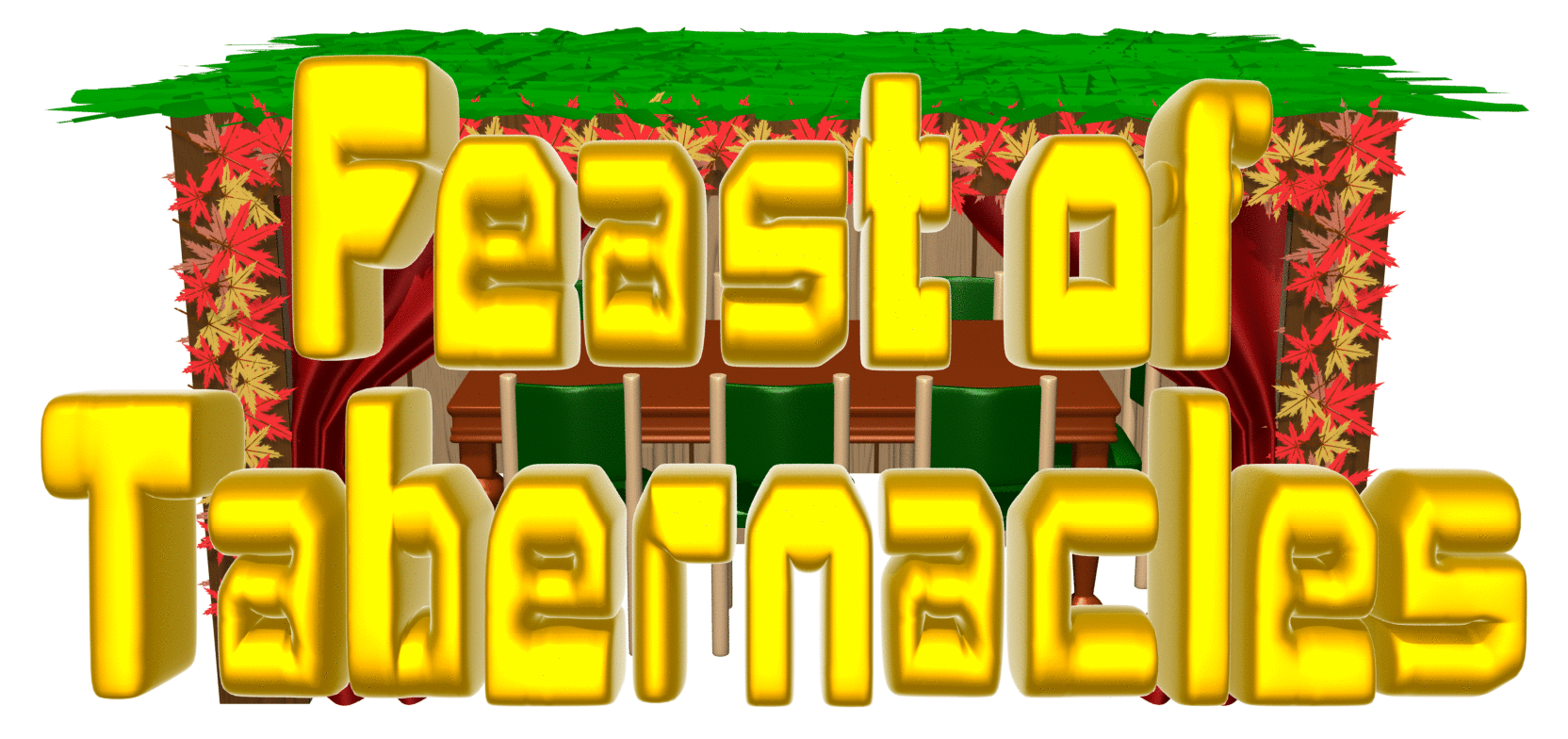Tag Archives: Sukkot
Chag Sameach Sukkot—Joyous Feast of Tabernacles!
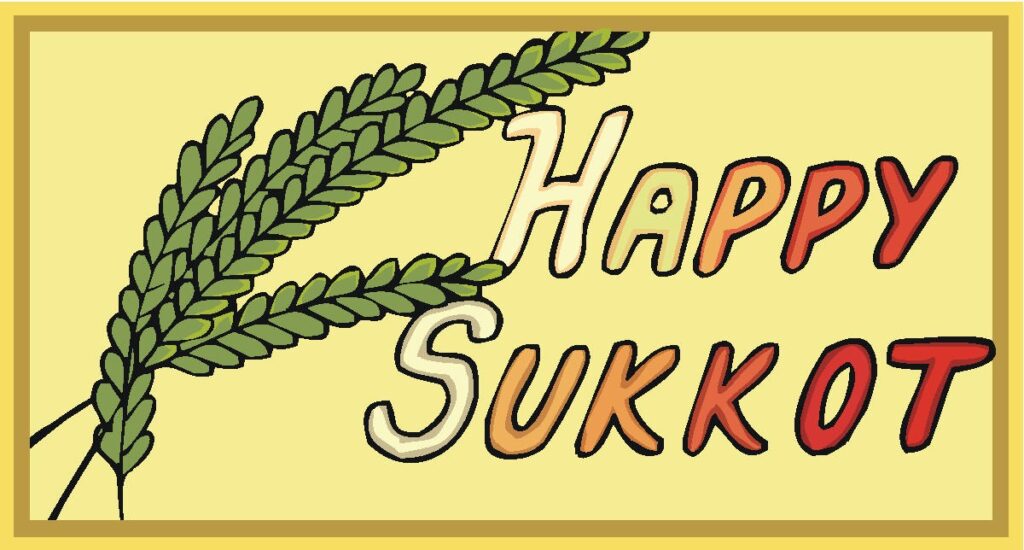
The Historical Roots of Our Faith, Present Relevance for believers & Prophetic End-Time Implications
Ya’acov Natan Lawrence
A Teaching Ministry of Hoshana Rabbah Biblical Resources
Spiritual and Ceremonial Aspects of Sukkot
Overview of the Season
Sukkot (also spelled “Succoth”) or the Feast of Tabernacle (also known as the Feast of Booths, the Feast of Ingathering) is the sixth of YHVH’s seven annual feast days in Creator’s plan of redemption for mankind. This festival is mostly prophetic in its spiritual significance and pictures what the world will be like after the second coming of Yeshua the Messiah when he will come live one earth with his people as he sets up his world-ruling government. Like a river of life, his word and Spirit will go forth from Jerusalems and his glory will cover the earth as the waters cover the sea. During this time of global peace and prosperity, Satan, the wicked one and his minions, will have either been destroyed or will be confined to the bottomless pit, and the lion and lamb will happily play together with the little child, and YHVH’s Torah-law will be universally taught and adhered to. And there is much more beyond this to learn about Sukkot or the Season of Our Joy as we are about to discover.
Sukkot occurs in the early fall of the year on the fifteenth day of the seventh month on YHVH’s biblical calendar fifteen days after Yom Teruah (the Day of Shofar Blowing) and five days after Yom Kippur (the Day of Atonement). This festival lasts for seven days and directly following it is a separate festival called Shemini Atzeret literally meaning “the Eighth Solemn Assembly”and commonly referred to as “the Eighth Day.”
We see in the early fall a rapid succession of biblical feasts with one coming right after another. It is a time of great energy, excitement and anticipation both in the natural realm and prophetically.
We also observe a transition from the somber and repentant, even frightening, mood of Yom Teruah and Yom Kippur to the joyous and celebratory mood of the Feast of Sukkot, and no wonder, for the first two fall festivals of YHVH represent a very dark and ominous time in human history—the end of the age with the judgments of Elohim being poured out upon the earth (great tribulation, wrath of Elohim, battle of Armageddon, and Satan being bound and cast into the bottomless pit). But this same period culminates in the return of the Messiah, Yeshua, to rule the earth during the Messianic Age as King of kings and Lord of lords. The Feast of Tabernacles pictures this glorious epoch in the history of humanity’s tenure upon this earth—a time of unspeakable joy and triumph of good over evil, righteousness over wickedness, the children of light over the children of darkness, love over hate, and the truth of YHVH (epitomized by Yeshua) over the lies of Satan.
Thus Saith YHVH’s Word on the Feast of Tabernacles and the Eighth Day
The Word of Elohim must be the foundation for all that we do, say and think. With that in mind, here are the scriptures that reveal YHVH’s Truth about this glorious, upward-looking festival:
Speak unto the children of Israel, saying, The fifteenth day of this seventh month shall be the feast of tabernacles for seven days unto YHVH. 35 On the first day shall be an holy convocation: ye shall do no servile work therein. 36 Seven days ye shall offer an offering made by fire unto YHVH: on the eighth day shall be an holy convocation unto you; and ye shall offer an offering made by fire unto YHVH: it is a solemn assembly; and ye shall do no servile work therein. 37 These are the feasts of YHVH, which ye shall proclaim to be holy convocations, to offer an offering made by fire unto YHVH, a burnt offering, and a meat offering, a sacrifice, and drink offerings, every thing upon his day: 38 Beside the sabbaths of YHVH, and beside your gifts, and beside all your vows, and beside all your freewill offerings, which ye give unto YHVH. 39 Also in the fifteenth day of the seventh month, when ye have gathered in the fruit of the land, ye shall keep a feast unto YHVH seven days: on the first day shall be a sabbath, and on the eighth day shall be a sabbath. 40 And ye shall take you on the first day the boughs of goodly trees, branches of palm trees, and the boughs of thick trees, and willows of the brook; and ye shall rejoice before YHVH your Elohim seven days. 41 And ye shall keep it a feast unto YHVH seven days in the year. It shall be a statute for ever in your generations: ye shall celebrate it in the seventh month. 42 Ye shall dwell in booths seven days; all that are Israelites born shall dwell in booths: 43 That your generations may know that I made the children of Israel to dwell in booths, when I brought them out of the land of Egypt: I am YHVH your Elohim. (Lev 23:34–43)
Three times thou shalt keep a feast unto me in the year. 15 Thou shalt keep the feast of unleavened bread: (thou shalt eat unleavened bread seven days, as I commanded thee, in the time appointed of the month Abib; for in it thou camest out from Egypt: and none shall appear before me empty:) 16 And the feast of harvest, the first fruits of thy labours, which thou hast sown in the field: and the feast of ingathering, which is in the end of the year, when thou hast gathered in thy labours out of the field. 17 Three times in the year all thy males shall appear before the Adon YHVH. (Exod 23:14–17)
And on the fifteenth day of the seventh month ye shall have an holy convocation; ye shall do no servile work, and ye shall keep a feast unto YHVH seven days … [all the sacrifices and offerings are to be made on these days are then listed] …. 35 On the eighth day ye shall have a solemn assembly: ye shall do no servile work therein … [the sacrifices and offerings that are to be made on this day are then listed]. (Num 29:12, 35)
Thou shalt observe the feast of tabernacles seven days, after that thou hast gathered in thy corn and thy wine: 14 And thou shalt rejoice in thy feast, thou, and thy son, and thy daughter, and thy manservant, and thy maidservant, and the Levite, the stranger, and the fatherless, and the widow, that are within thy gates. 15 Seven days shalt thou keep a solemn feast unto YHVH thy Elohim in the place which YHVH shall choose: because YHVH thy Elohim shall bless thee in all thine increase, and in all the works of thine hands, therefore thou shalt surely rejoice. 16 Three times in a year shall all thy males appear before YHVH thy Elohim in the place which he shall choose; in the feast of unleavened bread, and in the feast of weeks, and in the feast of tabernacles: and they shall not appear before YHVH empty: 17 Every man shall give as he is able, according to the blessing of YHVH thy Elohim which he hath given thee. (Deut 16: 13–17)
And they found written in the law which YHVH had commanded by Moses, that the children of Israel should dwell in booths in the feast of the seventh month: 15 And that they should publish and proclaim in all their cities, and in Jerusalem, saying, Go forth unto the mount, and fetch olive branches, and pine branches, and myrtle branches, and palm branches, and branches of thick trees, to make booths, as it is written. 16 So the people went forth, and brought them, and made themselves booths, every one upon the roof of his house, and in their courts, and in the courts of the house of Elohim, and in the street of the water gate, and in the street of the gate of Ephraim. 17 And all the congregation of them that were come again out of the captivity made booths, and sat under the booths: for since the days of Jeshua the son of Nun unto that day had not the children of Israel done so. And there was very great gladness. 18 Also day by day, from the first day unto the last day, he read in the book of the law of Elohim. And they kept the feast seven days; and on the eighth day was a solemn assembly, according unto the manner. (Neh 8: 14–18)
And it shall come to pass, that every one that is left of all the nations which came against Jerusalem shall even go up from year to year to worship the King, YHVH of hosts, and to keep the feast of tabernacles. 17 And it shall be, that whoso will not come up of all the families of the earth unto Jerusalem to worship the King, YHVH of hosts, even upon them shall be no rain. 18 And if the family of Egypt go not up, and come not, that have no rain; there shall be the plague, wherewith YHVH will smite the heathen that come not up to keep the feast of tabernacles. 19 This shall be the punishment of Egypt, and the punishment of all nations that come not up to keep the feast of tabernacles. (Zech 14:16–19)
Now the Jews’ feast of tabernacles was at hand. 10 But when his brethren were gone up, then went he also up unto the feast, not openly, but as it were in secret. 11 Then the Jews sought him at the feast, and said, Where is he? 14 Now about the midst of the feast Yeshua went up into the temple, and taught. 37 In the last day, that great day of the feast, Yeshua stood and cried, saying, If any man thirst, let him come unto me, and drink. 38 He that believeth on me, as the scripture hath said, out of his belly shall flow rivers of living water. 39 (But this spake he of the Spirit, which they that believe on him should receive: for the Set-apart Spirit was not yet given; because that Yeshua was not yet glorified.) (John 7: 2, 10, 11, 14, 37–39)
Meaning of the Word Sukkot
The word sukkot (plural of sukkah) is Hebrew for “tabernacles, booths, or any tent-like temporary dwelling.” The Tabernacle or Mishkan that YHVH commanded Moses to construct in the wilderness was a sukkah—literally, a portable tent or habitation for YHVH himself. In fact, the time period of the Feast of Sukkot marks the beginning of Israel’s construction of the mishkan (tabernacle), for Moses received the second tablets containing the ten commandments or statements of YHVH on Yom Teruah and it was immediately after this that the Torah records that the Israelites began building the tabernacle.
The Sukkah
The sukkah, a flimsy, tent-like dwelling, represents the frailty of man’s physical life, for the physical body of man is nothing more than a “temporary dwelling” in which mortal man lives (2 Cor 5:1–6) until physical death occurs followed by the resurrection of the saints into eternal life.
While in this physical state man must totally depend upon his Creator for everything, without whom we would perish both physically and spiritually in this wilderness in which we find ourselves called life. This is exactly the lesson we learn from the children of Israel’s experience during 40 years of wandering in the wilderness. They depended totally upon YHVH for food, water, clothing and protection from the heat, cold and their enemies.
YHVH Sukkah-ed With His People
Continue readingHappy End of Sukkot and Shemini Atzeret 2020!
As we close out this year’s Sukkot (the Feast of Tabernacles) and Shemini Atzeret (the Eighth Day), our family would like to wish you and glorious rest of the year as we enter into the dark winter season in preparation for a new feast season next biblical year starting with Passover.
By the way, please feel free to share with us your praise reports and testimonies of how you were blessed this year at Sukkot. You can do this in the comments section of this post.
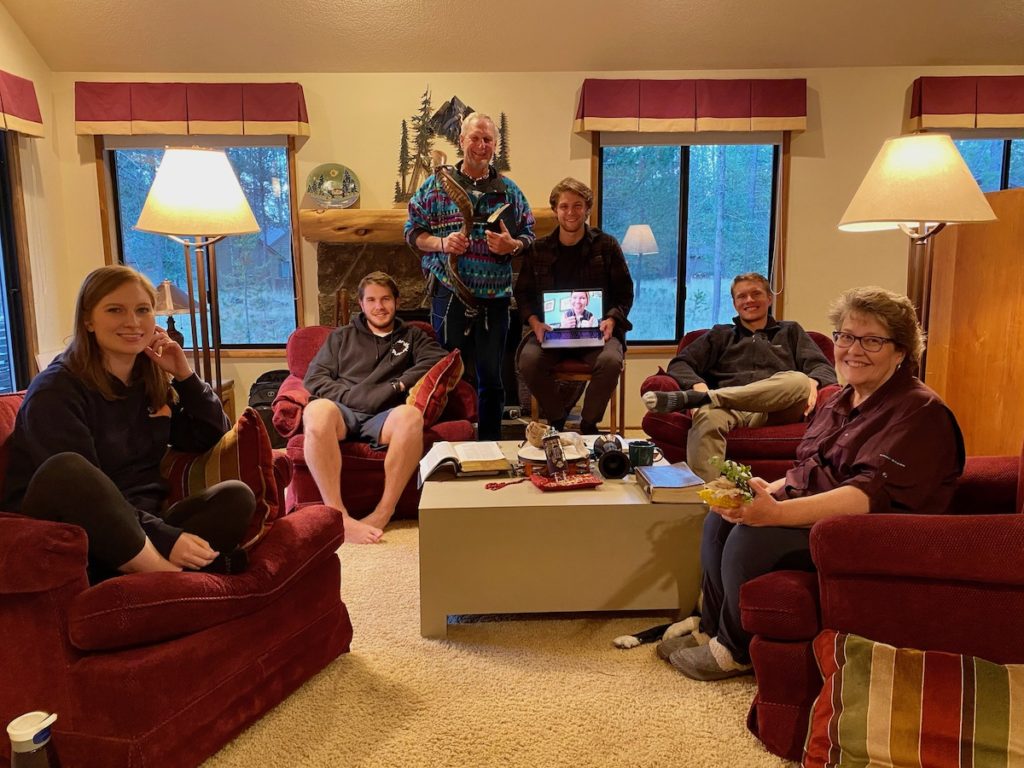
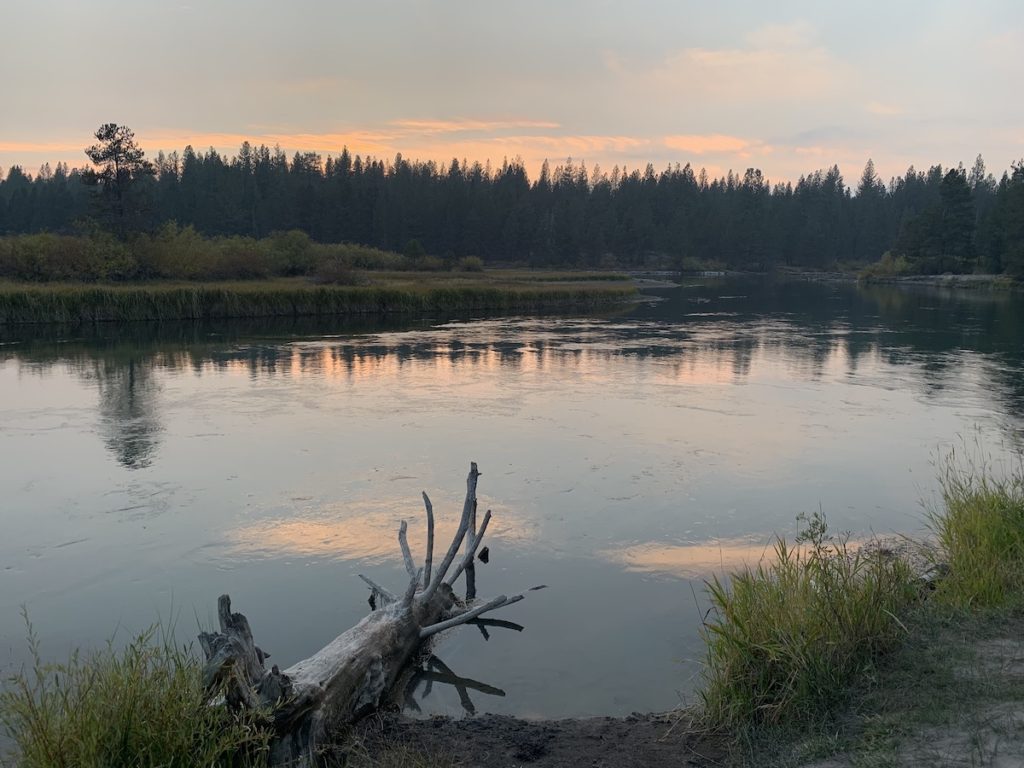
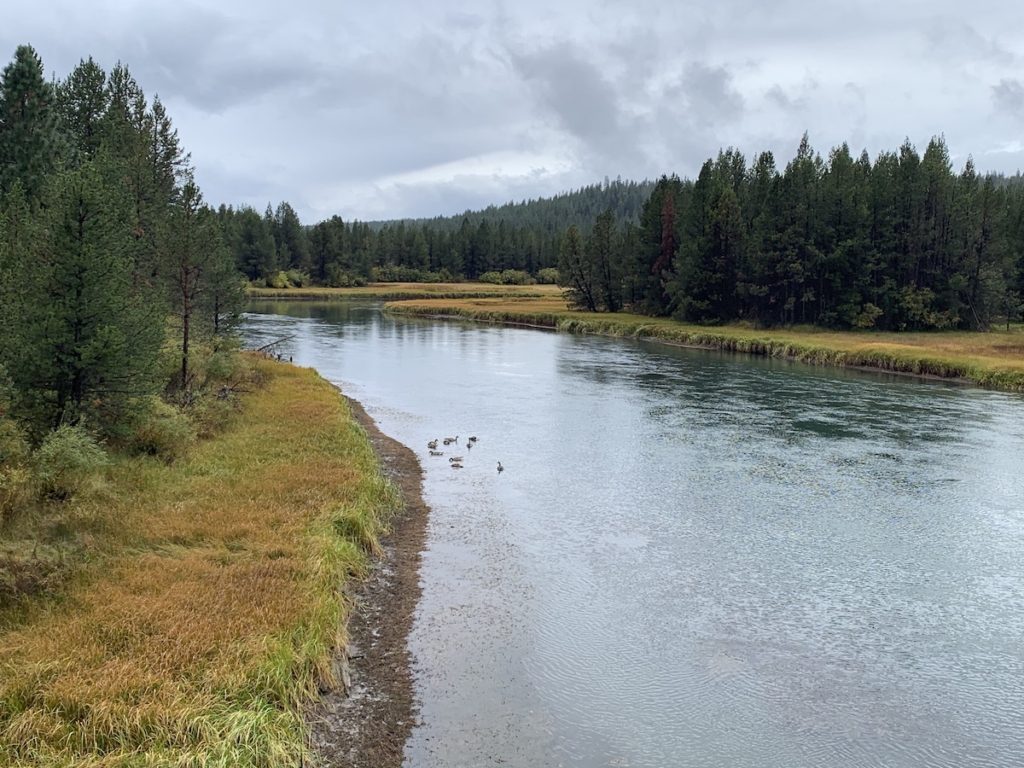
Lawrence Family Fun at Sukkot
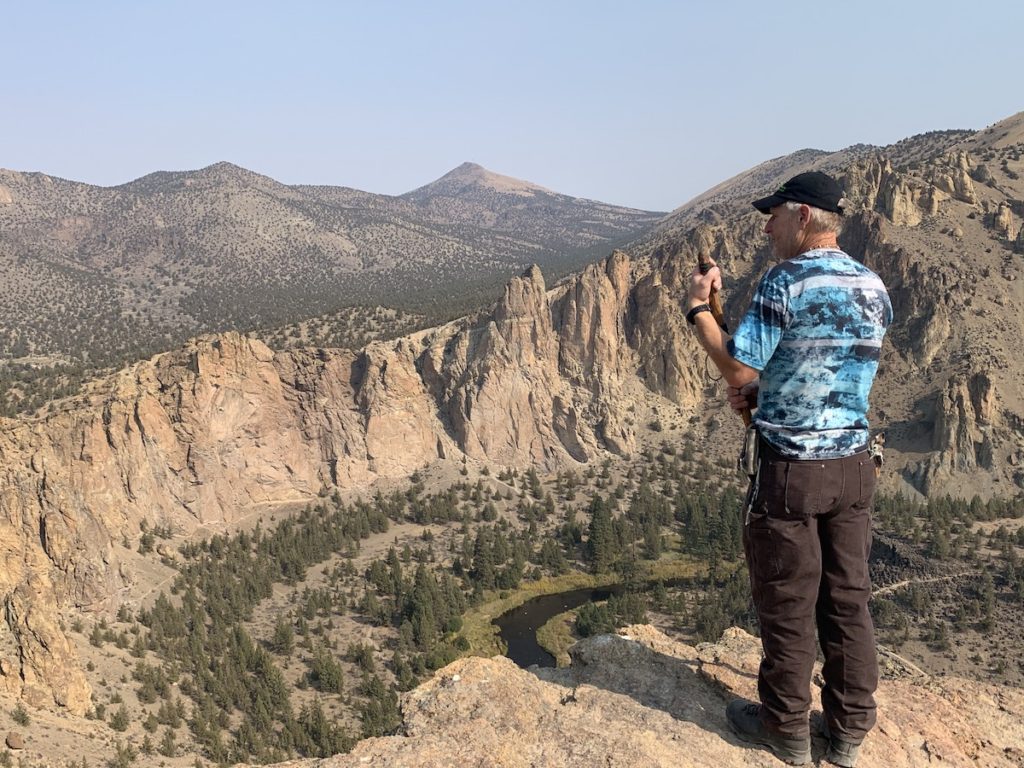
Hello everyone. Hope you’re having a great Sukkot wherever you may be.
My first Sukkot was in 1960, and I’ve been privileged to celebrate Sukkots in various places in the U.S., in Canada and in France. I’ve been apart of Sukkot gatherings with thousands of attendees, and in many with only small groups of hundreds, tens or just my family as is the case this year.
For our family and since I was a little child, the Feast of Tabernacles has always been the highpoint of our year. And it well should be because of what this biblical feast represents in Bible prophecy—a coming time called the Millennium when Yeshua has returned, and has destroyed the New World Order which the Bible refers to as Mystery Babylon the Great with all of its Satan-worshiping and Elohim-hating cast of character. During this time, which some forward-thinking people have referred to as “the world tomorrow”, Yeshua will establish his world-ruling kingdom and rule with his resurrected and glorified king and priest saints teaching the physical humans on this earth the ways and Truth of YHVH Elohim. At this time, Satan will have been bound and placed in the abyss for 1000 years and the world will be at peace as the glory of YHVH covers the earth as the waters cover the sea. It is this paradisiacal time that Sukkot prophetically portrays.
Each year at Sukkot, traditionally my family and I have vacated the city where we live (our “Babylon”) for some beautiful and idyllic place on earth where we can enjoy a small foretaste of Yeshua’s millennial kingdom. This is also why we colloquial refer to Sukkot simply as “the Feast,” for it is a time to rejoice in YHVH Elohim and the blessing he has lovingly and graciously bestowed on us during the past year. Sukkot also represents and points to the marriage feast of the Lamb of Elohim.
In preparation for this “vacation,” we save our feast tithe (or a biblically mandated “vacation fund”) as Scripture commands to help finance our time “away from it all.” During this time, we follow Scripture and use our money to bless others, and to buy whatever our hearts desire and to feast joyfully including with “wine and strong drink.” As we read,
You shall truly tithe all the increase of your grain that the field produces year by year. And you shall eat before the LORD your God, in the place where He chooses to make His name abide, the tithe of your grain and your new wine and your oil, of the firstborn of your herds and your flocks, that you may learn to fear the LORD your God always. But if the journey is too long for you, so that you are not able to carry the tithe, or if the place where the LORD your God chooses to put His name is too far from you, when the LORD your God has blessed you, then you shall exchange it for money, take the money in your hand, and go to the place which the LORD your God chooses. And you shall spend that money for whatever your heart desires: for oxen or sheep, for wine or similar drink, for whatever your heart desires; you shall eat there before the LORD your God, and you shall rejoice, you and your household. You shall truly tithe all the increase of your grain that the field produces year by year. And you shall eat before the LORD your God, in the place where He chooses to make His name abide, the tithe of your grain and your new wine and your oil, of the firstborn of your herds and your flocks, that you may learn to fear the LORD your God always. But if the journey is too long for you, so that you are not able to carry the tithe, or if the place where the LORD your God chooses to put His name is too far from you, when the LORD your God has blessed you, then you shall exchange it for money, take the money in your hand, and go to the place which the LORD your God chooses. And you shall spend that money for whatever your heart desires: for oxen or sheep, for wine or similar drink, for whatever your heart desires; you shall eat there before the LORD your God, and you shall rejoice, you and your household. You shall not forsake the Levite who is within your gates, for he has no part nor inheritance with you. (Deuteronomy 14:23–27)
Now some more Hebraic-minded saints declare that it’s impossible to keep the biblical feasts including Sukkot exactly how the Torah commands, and so they take the minimalist approach to scriptural obedience and use this as a justification for not doing the feasts at all. Over the years I have directly confronted this mindset and shown from Scripture how YHVH favors and desires a heart that is inclined to serve him “the best we can” regardless of our location or circumstances. Instead of finding reasons and excuses why we can’t obey him by keeping his feasts, I prefer to look for every reason why we can obey him. This shows him that our hearts are inclined toward obedience and we are endeavoring to love him in so doing. If we fall short in our obedience, his grace covers us. This is a better approach and heart and mind orientation than that of looking for any excuse not to obey him. And truthfully, YHVH has blessed our family immensely both physically and spiritually as he have endeavored to obey him the best we can as imperfect as it may be.
So some of you may be wondering what we do during Sukkot. For the 18 years Sandi and I pastored a local congregation, we sponsored regional Sukkot gatherings where dozens up to a couple of hundred feast-goers came and celebrated. During this time, we scheduled daily meetings, teachings, praise and worship gatherings, family events and activities, group meals and much more. Needless to say, this kept Sandi and I busy organizing, setting up, tearing down, and overseeing and leading. It has been a couple of years since we “retired” from that, and after we did, it all died since no one was willing pick up that mantle and carry on that work. It was a lot of hard work that few were willing to help us with. Since then, because we have no congregation or group to meet with, we simply gather together as a family, which is our own personal tribe where I am the “patriarch.” During Sukkot, on the high holy day Shabbats, I lead my family in prayer, Bible study and music as we endeavor to rest and keep the sanctity of the day. During the rest of the week, we do our best to keep our hearts and minds on the meaning of Sukkot while, at the same time, building family relationships by engaging in fun activities.
So why am I sharing all of this with you? Simply for this reason. Perhaps our example of how we celebrate Sukkot will inspire you and yours to do the same and to find the blessing therein even as we have. We have found that whenever we obey YHVH, there is always a blessing to be found including temporally vacating spiritual Babylon, meeting with Elohim at his appointed times, building relationships with family and friends, and inspiring ourselves to look upwards toward him and toward a future better world that is coming soon where Yeshua the Messiah will be the King of kings.
HalleluYah! Maranatha!! Yeshua come quickly. The grace of our Master Yeshua the Messiah be with you all. Amein
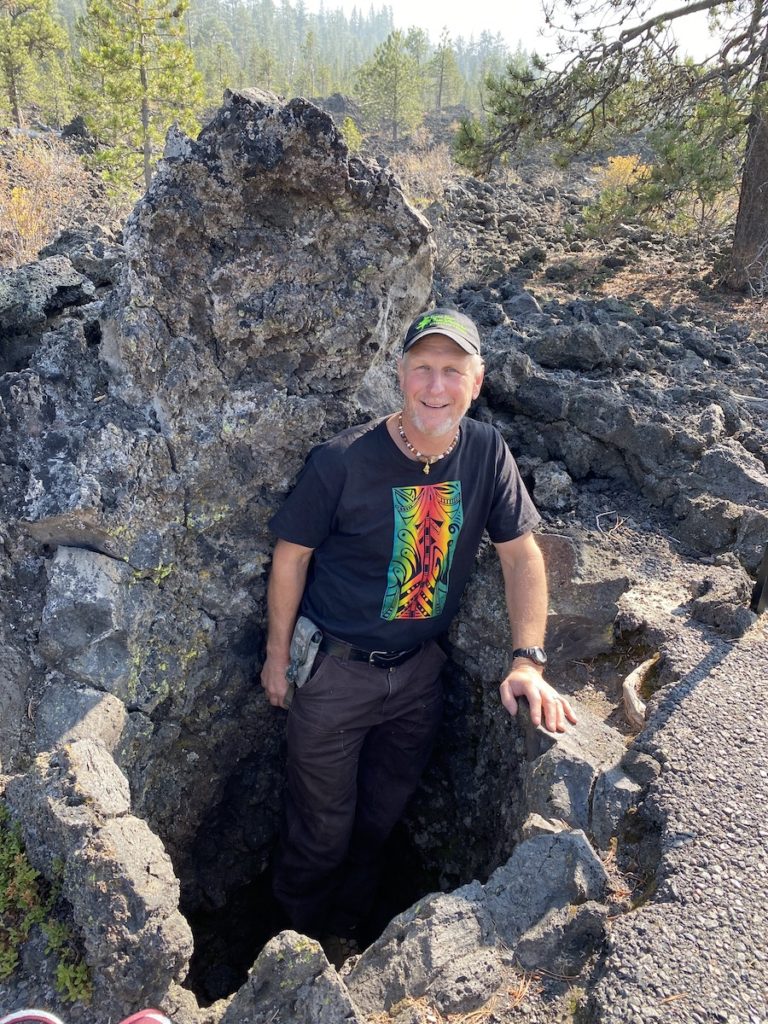
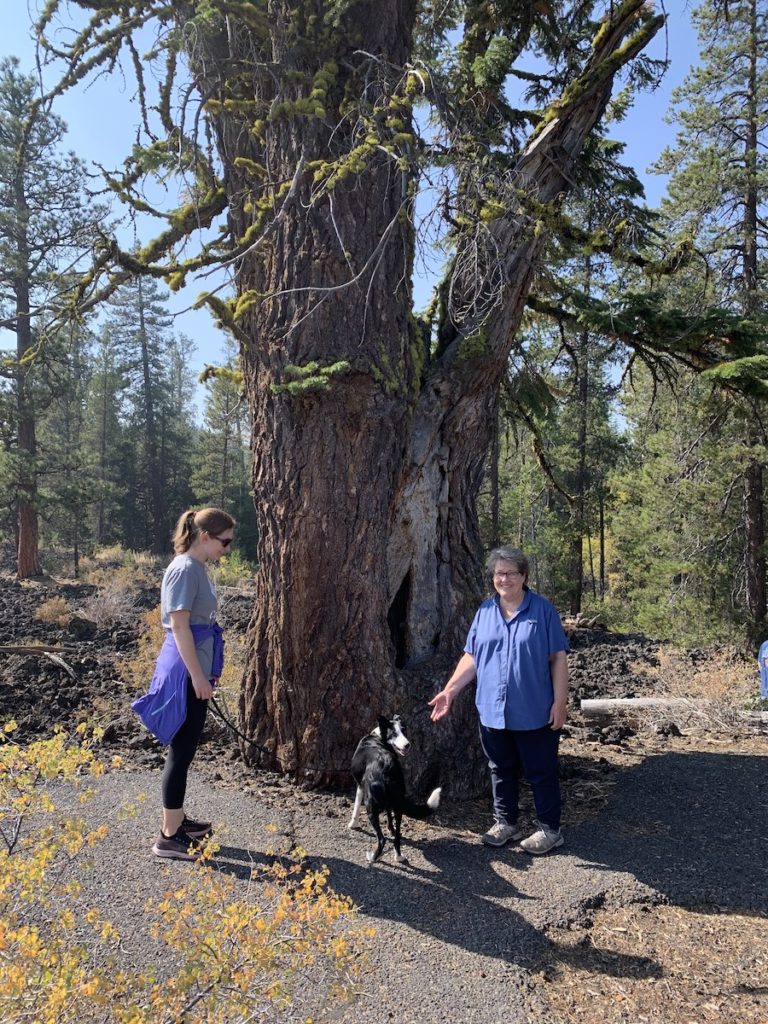
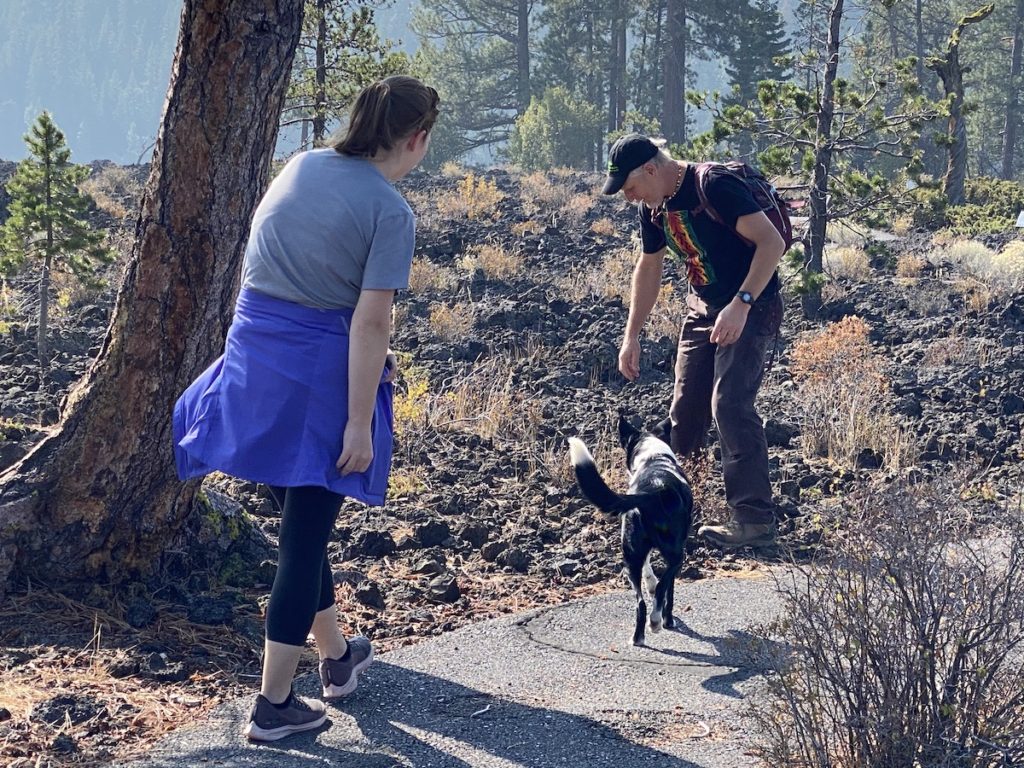
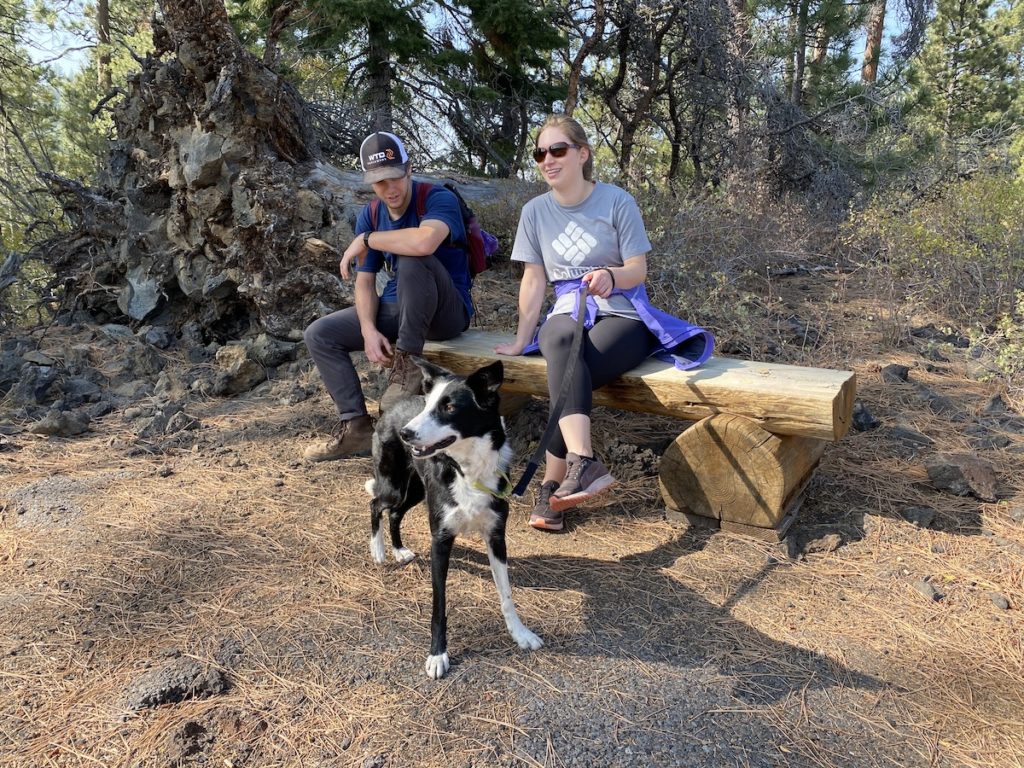
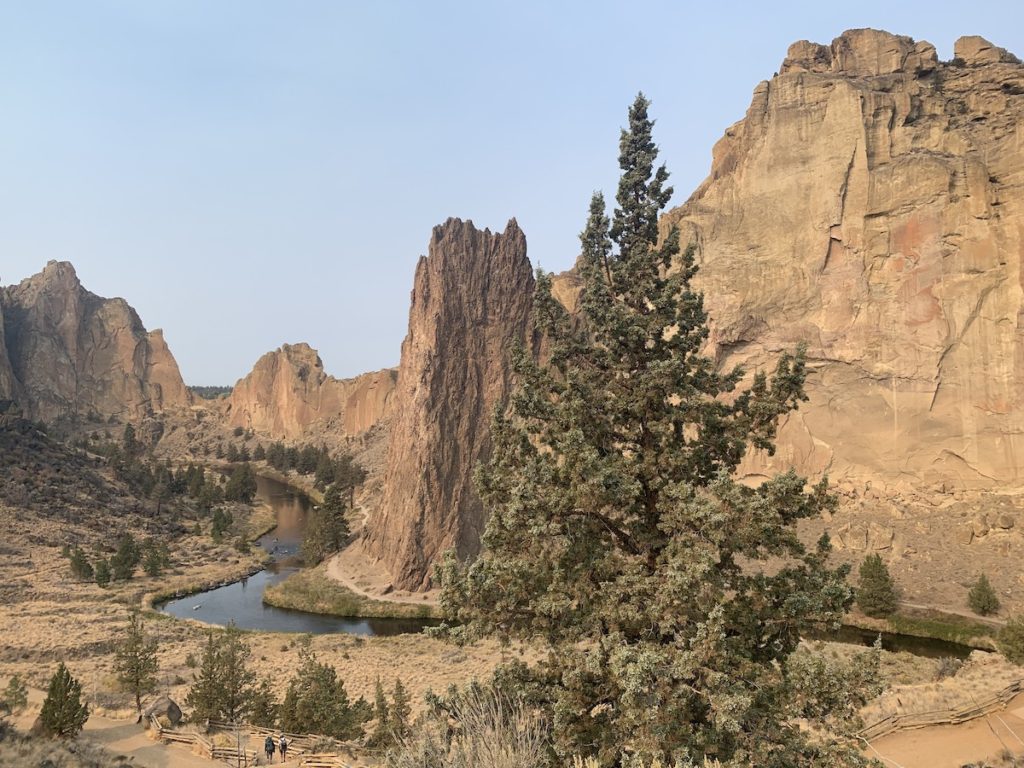
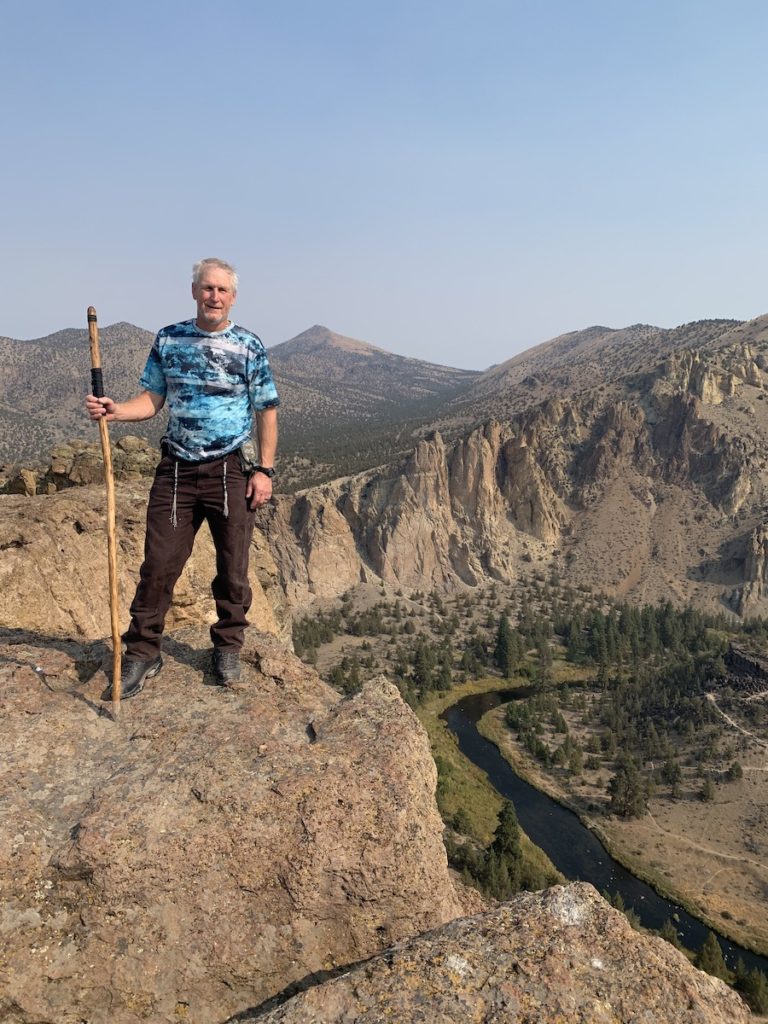
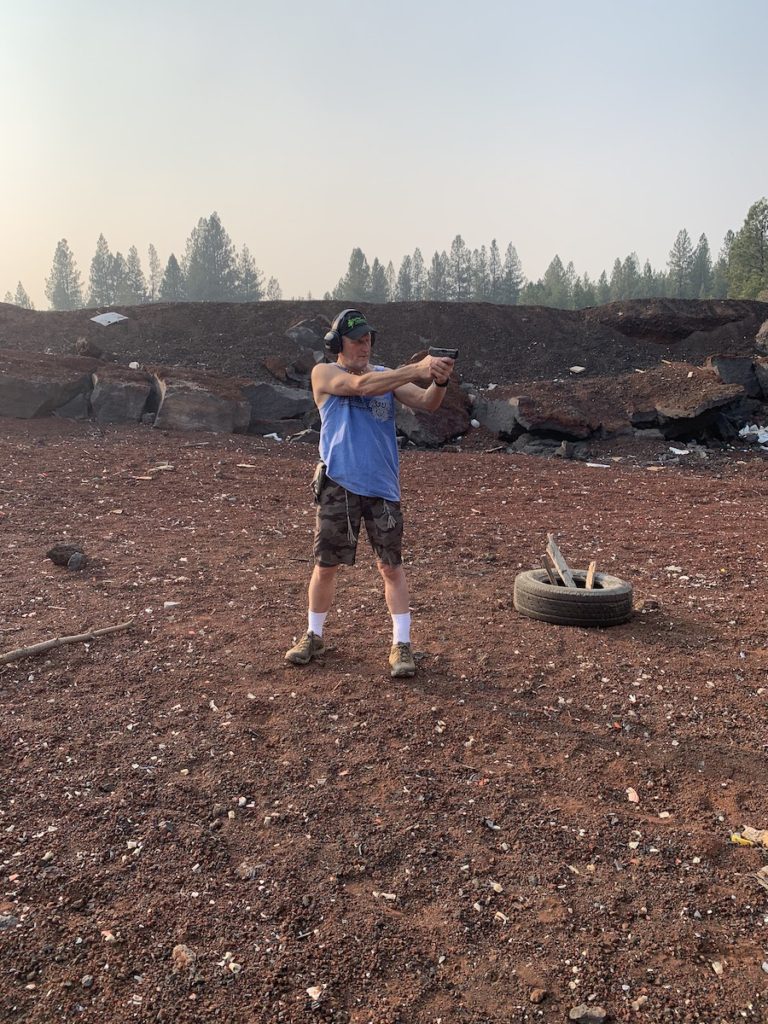

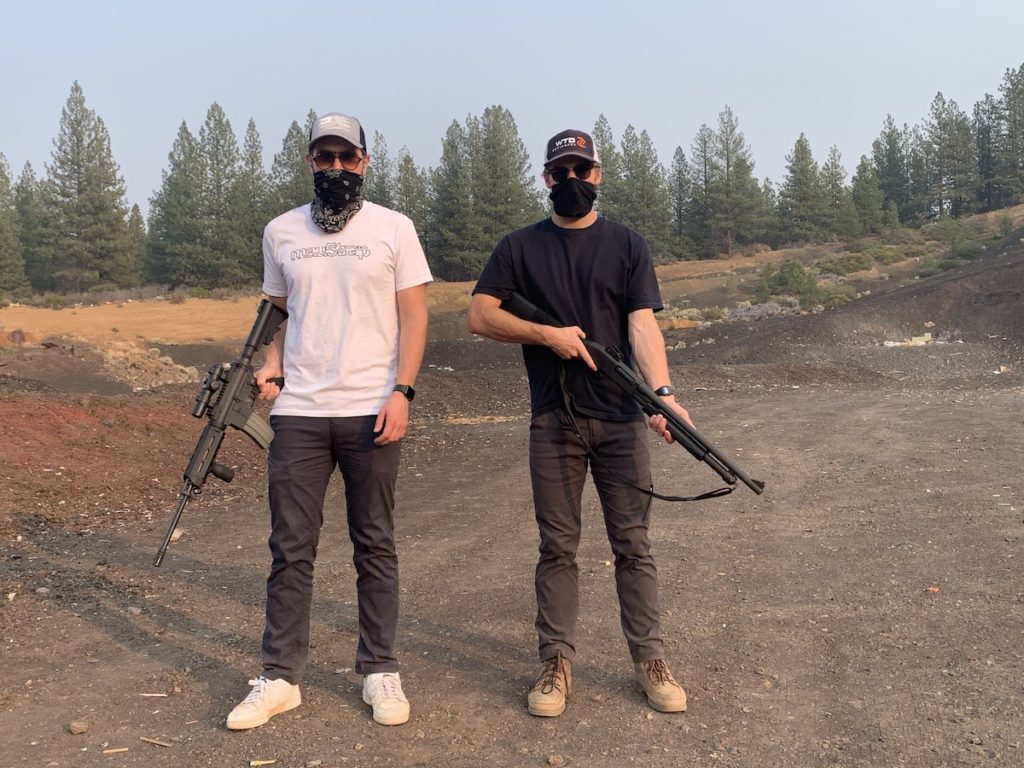
What Is the Kingdom of God & What Will the Millennium Be Like?
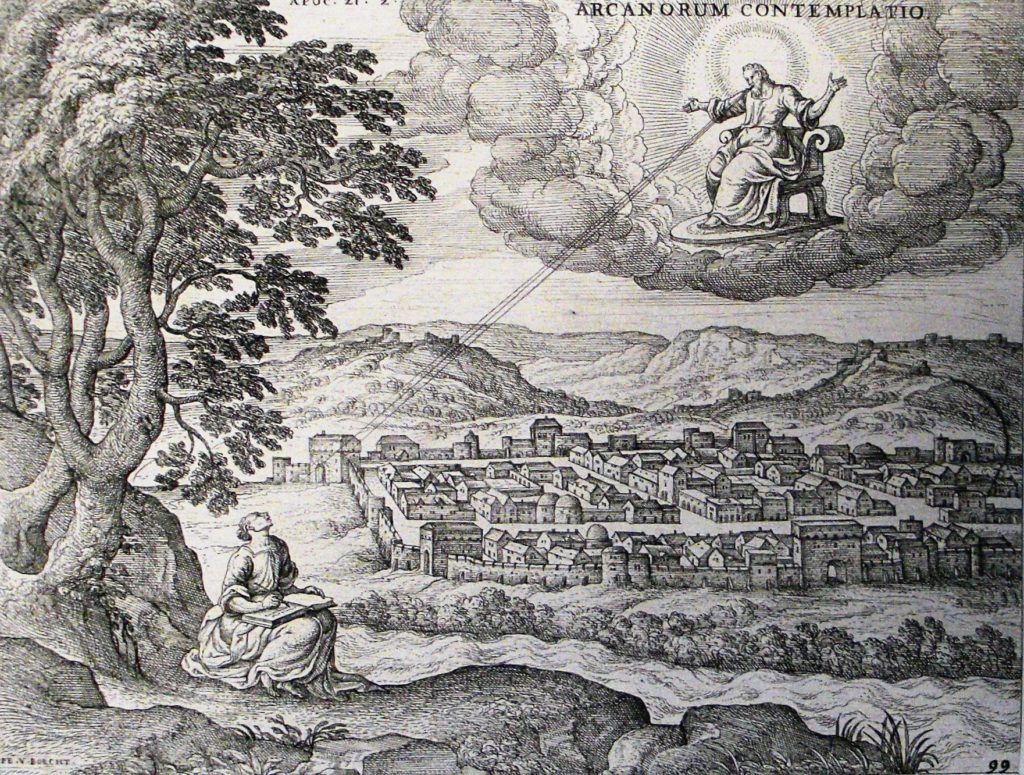
The Preaching of the Kingdom of Elohim Was Fundamental to the Ministry of Yeshua
During Yeshua’s earthly ministry as recorded in the Gospels, which subjects did he teach about the most? Curiously, sadly and for the most part, it wasn’t what most churches in maintstream Christianity are preaching from their pulpits and media platforms today.
So what did Yeshua preach mostly about? The facts speak for themselves. In an analysis I made a few years ago of the Gospels books of Matthew and John I categorized and referenced all the words and actions of Yeshua. The subject Yeshua devoted the most time to was himself and his mission (316 references), followed by revealing his Heavenly Father to his followers (184), followed by his commentary and denunciation of the hypocritical religionists of his day (177 references). The fourth subject to which he devoted the most amount of time was the kingdom of Elohim (144 references). After that, in numerical order was his death, burial and resurrection, followed by YHVH’s judgment, obedience and faithfulness to YHVH’s commandments, spiritual rewards, healing, worldliness, persecution and trials, faith and belief, followed by faithlessness and unbelief. As we can see, the preaching and revelation of the kingdom of Elohim received a high priority in Yeshua’s ministry. This reality is consistent with how the gospel writers distill down the main message of Yeshua’s ministry in the following phrase: “Repent, for the kingdom of Elohim is at hand” (Matt. 3:2; 4:17, 23; 10:7).
During Yeshua’s earthly ministry as recorded in the Gospels, which subjects did he teach about the most? Curiously, sadly and for the most part, it wasn’t what most churches in maintstream Christianity are preaching from their pulpits and media platforms today.
On the focus of Yeshua’s preaching ministry, Hebraic Christian scholar, Marvin Wilson, notes an important facrt. “[Yeshua] came to this earth on a rescue mission, but not to help people escape this world. Instead, he came to free them from the clutches of sin, self, sickness, and oppression that they might be prepared for the olam ha-ba, the “age to come” (Our Father Abraham—the Jewish Roots of the Christian Faith, p. 182).
The gospel message involves repentance from sin (i.e. lawlessness or Torahlessness), so that one can enter into the kingdom of Elohim, which is from heaven (Matt 3:2; 4:17). In the modern mainstream church, neither of these subjects is preached much about. Instead, Christianity tells us that the law of Moses (i.e. the Torah), has been done away with, and we are also told that when you die you go to heaven and that’s that. Since the church hardly speaks about repentance from Torahlessness or about the kingdom of Elohim—things that according to the apostolic writers—formed the basis for the gospel message, one can’t help but wonder how many people even know what the true gospel message is. In this teaching, we want to discuss the kingdom of Elohim aspect of the gospel message as it relates to the millennial reign of Yeshua after his return. This is the ultimate hope of the redeemed believer, and thus it is something that we need to understand.
Brad Young, another Hebraic Christian scholar, in his book,Jesus the Jewish Theologian,describes the first century view of the concept of the kingdom of Elohim as follows: “The twin parables of the Mustard Seed and the Leaven [Matt. 13:31-33; Luke 13:18-21; Mark 4:30-32] illustrate the basis for [Yeshua’s] teaching concerning the kingdom of heaven. They illustrate the progressive growth of the kingdom.… From the start, the supernatural aspect of this parable should not be overlooked. That a tiny seed can progressively grow into a tree was viewed as nothing less than miraculous. The same must have been true for the action of the leaven in the dough. Growth — this amazing, steady, continuous process — would have been viewed as a true wonder in the eyes of the people. The major theme of these illustrations is this miraculous growth. The idea of a sudden, total reversal of the present situation is not congruous with these parables of progressive growth” (ibid. pp. 77–78). That is to say, the kingdom of Elohim would not suddenly appear upon the scene with sudden transformation of the surrounding world, but that it would start small and slowly, gradually, yet powerfully, increase until it was of great consequence.
Continue readingUpdated: How to Celebrate Sukkot and the Eighth Day by Yourself
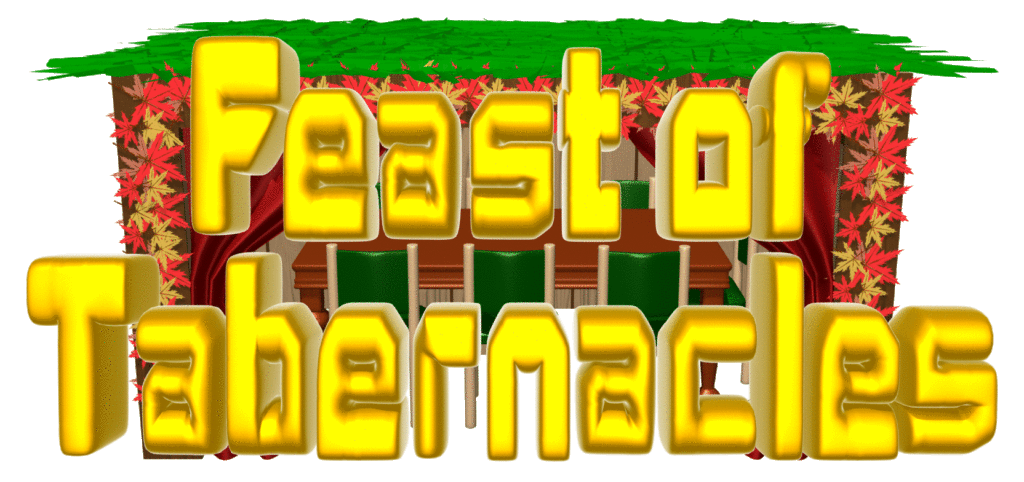
Don’t you feel like you’re living in a spiritual wilderness? That’s because you are living in a wilderness—not a literal wilderness with cactus, sage brush and jackrabbits, but a “wilderness of the peoples” about which Ezekiel prophesied (Ezek 20:35). Is it possible to walk out the commandments of Elohim in this desolate and often lonely place, and if so, how?
In this wilderness YHVH’s spiritual sheep are scattered hither and yon like flecks of gold among the sands of the seas of Gentile nations of the world. During this time, YHVH is testing his people to determine if they will remain faithful to him or not, to determine if they will make a suitable bride for Yeshua his Son. He that has an ear to hear and a heart to receive, let him hear.
Like a shepherd counting and sorting his sheep, YHVH is currently making his people “to pass under the rod” (Ezek 20:37). Those who passionately love and seek him and his ways of righteousness, whose love neither waned nor waxed cold” (Matt 24:12), will be allowed to enter into his spiritual rest (Heb 4:1–16), which is the promised land of our spiritual inheritance and is also known biblically as “the kingdom of Elohim.” Those who make it to this point by overcoming the downward pulls of the world, the flesh and devil will become the resurrected, glorified and immortalized children of Elohim.
He came to His own, and His own did not receive Him. But as many as received Him, to them He gave the right to become children of Elohim, to those who believe in His name: who were born, not of blood, nor of the will of the flesh, nor of the will of man, but of Elohim. (John 1:11–13)
Behold what manner of love the Father has bestowed on us, that we should be called children of Elohim! Therefore the world does not know us, because it did not know Him. Beloved, now we are children of Elohim; and it has not yet been revealed what we shall be, but we know that when He is revealed, we shall be like Him, for we shall see Him as He is. And everyone who has this hope in Him purifies himself, just as He is pure. (1 John 3:1–2)
He who overcomes shall inherit all things, and I will be his Elohim and he shall be My son. But the cowardly, unbelieving, abominable, murderers, sexually immoral, sorcerers, idolaters, and all liars shall have their part in the lake which burns with fire and brimstone, which is the second death.” (Rev 21:7–8)
I don’t know about you, but I’m a “God chaser”—one who desires to passionately and wholehearted love YHVH Elohim by keeping his Torah-commandments (John 14:15, 21; 1 John 2:3–6). Are you one also or do you still have a divided heart with affections for both this world and for Yeshua? Endeavoring to live a righteous life in the wilderness of this world where perfect obedience can sometimes be difficult if not impossible is a challenge, to be sure. Despite this, each of us has to decide whether we’re going to faithfully follow Yeshua the Lamb of Elohim wherever he may lead you (Rev 14:4).
These are they which were not defiled with women; for they are virgins. These are they which follow the Lamb whithersoever he goeth. These were redeemed from among men, being the firstfruits unto Elohim and to the Lamb. (Rev 14:4)
Is Yeshua knocking on the door of your heart and calling you to come out of spiritual Babylonian (Rev 18:4) Laodiceanism and lukewarmness (Rev 3:14–21) and challenging you to turn up the heat of your passion for him and to come to a higher spiritual level in your walk?
As many as I love, I rebuke and chasten: be zealous therefore, and repent. Behold, I stand at the door, and knock: if any man hear my voice, and open the door, I will come in to him, and will sup with him, and he with me. To him that overcometh will I grant to sit with me in my throne, even as I also overcame, and am set down with my Father in his throne. (Rev 3:19–21)
If you’re reading this and be challenged to go deeper and higher in our spiritual upward trek, then you may be wondering how is it possible to celebrate the Feast of Tabernacles or Sukkot (its biblical Hebrew name) in the spiritual wilderness of the peoples especially if you’re by yourself. Regularly for years I talk to people from all over the world who are alone and without a local fellowship or congregation. Many times I am asked how it is possible celebrate the biblical feasts when alone and disconnected from the greater body of Messiah. Here are some suggestions on how to celebrate the upcoming Feast of Tabernacles if you are alone or are only a part of a small group of people.
The first things to keep in mind is that YHVH expected and still expects his people to keep (or celebrate) the biblical feasts forever wherever their dwelling place happened to be whether inside or outside of the physical land of Israel. I have given ample proof of this from Scripture in more details elsewhere, but below are a few Bible verses that state this truth succinctly.
The weekly Sabbath and the seven biblical feasts are for YHVH’s people to celebrate forever and wherever they may be living whether in our out of the land of Israel. The Torah instructs the saints to celebrate the feasts in you dwelling places (d) forever (f)
- The seventh-day Sabbath (Exod 31:17f; Lev 23:3d)
- Passover (Exod 12:24 f)
- Feast of Unleavened Bread (Exod 12:17f, 20d)
- Feast of Week/Pentecost (Lev 23:21df)
- Atonement (Lev 16:29f; 23:31, df)
- Feast of Tabernacles (Lev 23:41f)
Here are the biblical commands relating to Sukkot and how you can fulfil them even if you are by yourself or with just a small group of people.
- Live in a temporary dwelling for eight days (Lev 23:42). Some people live in a literal sukkah made of tree branches. This is may not always be practical for people living in colder climates. In the past during Sukkot, I have lived in a tent, a tent trailer, a rented vacation house and a motel room. For the past several years, my wife and I have lived in our travel trailer during Sukkot.
- You shall celebrate and rejoice before YHVH Elohim (Lev 23:41; Deut 16:14). How do we celebrate? This can done wherever you may be through music, singing, dancing, praise and worship. Even if you’re not musical, we conveniently and readily have praise and worship music available to us through our numerous electronic devices.
- Wave lulavim (Lev 23:40). Every year, my wife and I purchase a four-species lulavim from Israel consisting of an etrog (or a citron, which is lemon-like fruit), a willow branch, a palm branch and a myrtle branch. You can make your own lulavim by taking some tree branches and fruit from your local area. These can be waved wile praising and worshiping YHVH through music.
- Keep the High Sabbaths by ceasing your occupational work and focusing on YHVH (Lev 23:35, 36).
- Drink wine and strong drink (Deut 14:26). The Bible abundantly that YHVH gave his people alcoholic beverages to joyfully enliven our lives especially during times of celebration. Drunkenness, however, is a sin, and drunkards will not inherit the kingdom of Elohim (1 Cor 6:9–10).
- Use your feast tithe to buy whatever your heart desires (Deut 14:22–27). Your feast tithe is your Torah-mandated vacation fund to be used while celebrating YHVH’s feasts, so “shop till you drop!”
- Meet together and fellowship with others on the first day of Sukkot and on the Eighth Day (Lev 23:35, 36)via phone, Skype, Facetime or social media.
- Give a feast offering to those who minister the word of Elohim to you (Deut 16:16–17).
- Read the Torah (Deut 31:9–13).
- Sound the shofar (Ps 81:3).
- Whether you are able to come together with others or you are by yourself, we are to read and study the Bible, pray, fellowship with others as we are able, eat good food, praise and praise and worship YHVH Elohim (Acts 2:42, 47; 1 Tim 4:13; Col 3:16; Eph 5:18–19), and allow the gifts of the Spirit to flow (1 Cor 14:26).
- Beyond this, make up your own traditions on ways to celebrate and rejoice during this special time when YHVH Elohim desires to meet with his people.
- Additionally here are some free Hoshana Rabbah resources to help you to celebrate the Feast of Tabernacles (or Sukkot):
Teaching articles on Sukkot: https://www.hoshanarabbah.org/teaching.html#feast
YouTube videos on Sukkot: https://www.youtube.com/playlist?list=PL5EzE5DQnrHfWWbczzkRo6IOnglxhbRfM
Hoshana Rabbah blog articles on Sukkot: https://hoshanarabbah.org/blog/?s=Sukkot&submit=Search
Printable biblical calendars to know when to celebrate the biblical feasts: https://www.hoshanarabbah.org/calendars.html
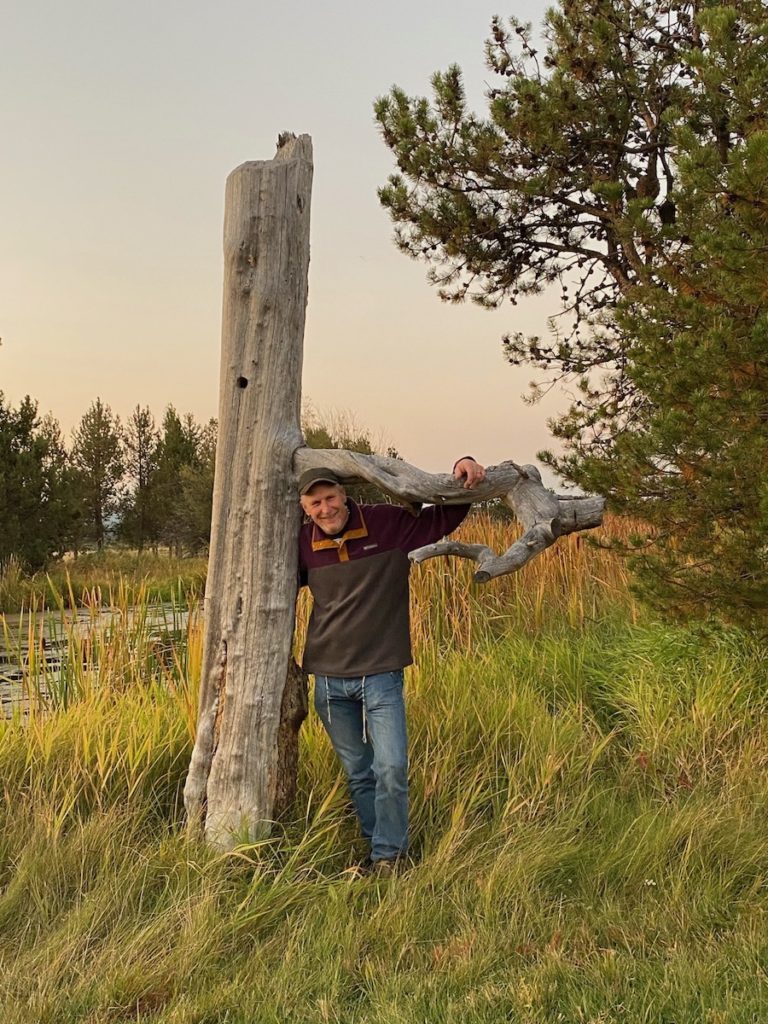
Chag Sameach Sukkot/Feast of Tabernacles!
Feast of Tabernacles Resources
Hello everyone around the world as we join the called out heir-apparent children the El Elyon and Kadosh YHVH Elohim (the Most High and Holy YHVH Elohim) to celebrate the biblical Feast of Tabernacles. A most joyous Sukkot/Feast of Tabernacles from my family to yours!
This year Sukkot starts on the evening of Friday, October 2 and continues for seven days until Friday, October 9. Immediately on Saturday/Sabbath the next day (October 10), we will celebrate Shemini Atzeret or the Eighth Day (see Lev 23:33–43).
It is 6:42 AM Friday morning as my wife, Sandi, and I make the final preparations to vacate our home in Western, Oregon and leave for the high desert mountain region of Central Oregon to celebrate Sukkot 2020. Our little Subaru Forester (yes, this tree guy—in the business world, I’m known as “The Treevangelist”—has a Forester! Trees and the Bible are my two main passions in life besides my wife and family.) For Sukkot, we load up our sukkah on wheels (our travel trailer) and head for a state campground. However, due to all of the ravaging and destructive forest fires in Oregon this year and due to the fact that this is the opening weekend for deer and elk hunting season in our state, most of the State campgrounds are either closes or full. Therefore, our sukkah for this year will be a rented vacation home near a mountain river in a beautiful resort area in the mountains. There, three of our four children will be joining us along with a son-in-law. Our daughter and third child will be celebrating Sukkot with her husband in another state about 1,500 miles away from us. During Sukkot, I will also have the privilege of hangin out with several cousins along with their children and grandchildren. This will be the first time that nearly all of the cousins have been together for the Feast since 1974! Needless to say, I’m quite excited about this.
To help you celebrate Sukkot whether you are doing so with others or are by yourself, here is my Sukkot gift to you—some resources that will help you to have a more meaningful Sukkot. Yes, Sukkot is a time to have fun with family and friends, but most importantly, it is a time to draw closer to YHVH Elohim and to Yeshua our beloved Messiah. It is a time to celebrate and memorialize a soon coming future time when our King Yeshua will be ruling over this earth in truth and righteousness, when the Torah-Word of Elohim will go forth from Jerusalem like a river of life to the whole world, and when the glory of the YHVH Elohim will cover the earth as the waters cover the sea, and the bride-saints of Yeshua will be reigning over the world with their Heavenly King. Remember this: while the outlook around you in light of world conditions may be sick and disheartening, the upload is always glories!
Stay tuned for more timely information to follow on Sukkot. Unlike previous years, I will have wifi where I will be staying, so I will be making regular updates to this blog along with teaching articles and photos. See you around…
To help you to celebrate the biblical festival of Sukkot with understanding, please check out the following Hoshana Rabbah resources.
For an in-depth teaching article on Sukkot, go to https://www.hoshanarabbah.org/pdfs/sukkot.pdf
Go to the Hoshana Rabbah YouTube channel at https://www.youtube.com/user/HoshanaRabbah?feature=mhee and check out the playlist on the Biblical Feasts and the Sabbath for many teaching videos on the subject of Sukkot.
How to Celebrate Sukkot By Yourself
Regularly for years I talk to people from all over the world who are alone and without a local fellowship or congregation. Many times I am asked how it is possible celebrate the biblical feasts when alone and disconnected from the greater body of Messiah. Here are some suggestions on how to celebrate the upcoming Feast of Tabernacles (or Sukkot) if you are alone or are only a part of a small group of people.
The first things to keep in mind is that YHVH expected his people to keep the biblical feasts forever wherever their dwelling place happened to be whether inside or outside of the physical land of Israel. I have given proof of this in more details elsewhere, but below are a few Bible verses that state this truth succinctly.
The weekly Sabbath and the seven biblical feasts are for YHVH’s people to celebrate forever and wherever they may be living whether in our out of the land of Israel. The Torah instructs the saints to celebrate the feasts in you dwelling places (d) forever (f)
- The seventh-day Sabbath (Exod 31:17f; Lev 23:3 d)
- Passover (Exod 12:24 f)
- Feast of Unleavened Bread (Exod 12:17f, 20d)
- Feast of Week/Pentecost (Lev 23:21df)
- Atonement (Lev 16:29f; 23:31, df)
- Feast of Tabernacles (Lev 23:41 d)
Here are the biblical commands relating to Sukkot and how you can fulfil them if you are by yourself or with just a small group of people.
- Live in a temporary dwelling for eight days (Lev 23:42). Some people live in a literal sukkah made of tree branches. This is may not always be practical for people living in colder climates. In the past during Sukkot, I have lived in a tent, a tent trailer, a rented house and a motel room. For the past several years, my wife and I have lived in our travel trailer during Sukkot. We will do so again this year in a campground in the mountains.
- You shall celebrate and rejoice before YHVH Elohim (Lev 23:41; Deut 16:14).
- Wave lulavim (Lev 23:40). Every year, my wife and I purchase a four-species lulavim from Israel consisting of an etrog (or a citron, which is lemon-like fruit), a willow branch, a palm branch and a myrtle branch. You can make your own lulavim by taking some tree branches and fruit from your local area.
- Keep the High Sabbaths by ceasing your occupational work (Lev 23:35, 36).
- Drink wine and strong drink (Deut 14:26).
- Use your feast tithe to buy whatever your heart desires (Deut 14:22–27).
- Meet together and fellowship with others on the first day of Sukkot and on the Eighth Day (Lev 23:35, 36)via phone, Skype, Facetime, social media.
- Give a feast offering to those who minister the word of Elohim to you (Deut 16:16–17).
- Read the Torah (Deut 31:9–13).
- Sound the shofar (Ps 81:3).
- Beyond that, when the saints come together, or you are by yourself, we are to read and study the Bible, pray, fellowship with others as we are able, eat good food, praise and praise and worship YHVH Elohim (Acts 2:42, 47; 1 Tim 4:13; Col 3:16; Eph 5:18–19), and allow the gifts of the Spirit to flow (1 Cor 14:26).


